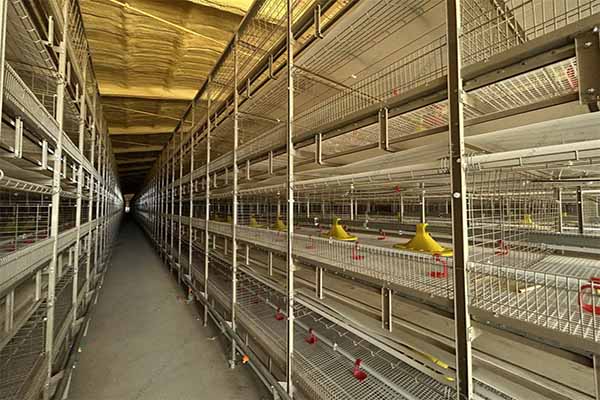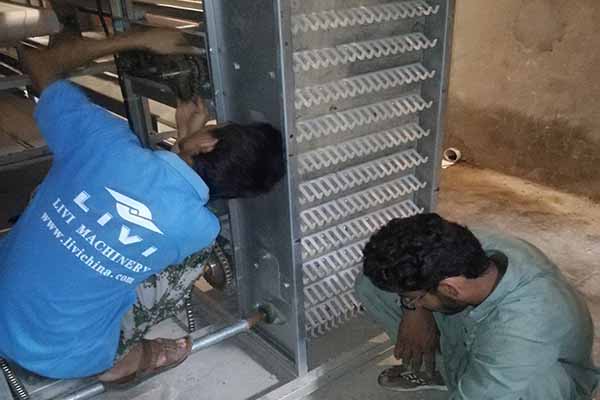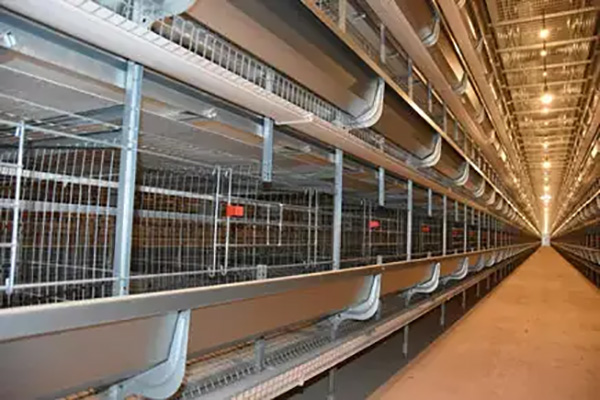Smart Sensors Revolutionizing Modern Poultry Farming
Modern poultry farming has seen a significant transformation with the integration of smart sensors. These innovative devices have become an essential tool for poultry farmers looking to improve efficiency, reduce costs, and enhance the overall health and well-being of their flocks. In this article, we will explore the role of smart sensors in modern poultry farming, their benefits, and how they are shaping the industry.
The Role of Smart Sensors in Poultry Farming
Smart sensors are devices that collect and transmit data in real-time, providing valuable insights into the environment and health of poultry. Here are some key areas where these sensors are making a difference:

- Environmental Monitoring: Sensors can track temperature, humidity, and CO2 levels, ensuring optimal conditions for poultry growth and reducing the risk of disease.
- Health Monitoring: By monitoring the health of birds, farmers can detect early signs of illness, preventing outbreaks and improving overall flock health.
- Feeding Efficiency: Smart sensors can optimize feeding schedules, ensuring that birds receive the right amount of nutrition at the right time, reducing waste and costs.
- Water Quality: Sensors can monitor water quality, ensuring that poultry have access to clean and safe drinking water.
According to a rec ent study, the use of smart sensors in poultry farming has resulted in a 20% increase in productivity and a 15% reduction in disease-related losses.
ent study, the use of smart sensors in poultry farming has resulted in a 20% increase in productivity and a 15% reduction in disease-related losses.
Benefits of Smart Sensors in Poultry Farming
Implementing smart sensors in poultry farming offers several advantages:
- Improved Productivity: Real-time data allows for quick decision-making, leading to increased productivity and efficiency.
- Cost Reduction: By optimizing resources and reducing waste, farmers can lower their operational costs.
- Enhanced Animal Welfare: Monitoring the health and environment of poultry ensures their well-being and reduces stress.
- Data-Driven Insights: The collected data can be analyzed to identify trends and make informed decisions for future operations.
Table 1: Key Benefits of Smart Sensors in Poultry Farming
| Benefit | Description |
|---|---|
| Increased Productivity | Real-time data allows for quick decision-making, leading to increased productivity and efficiency. |
| Cost Reduction | Optimizing resources and reducing waste can lower operational costs. |
| Enhanced Animal Welfare | Monitoring the health and environment of poultry ensures their well-being and reduces stress. |
| Data-Driven Insights | Collected data can be analyzed to identify trends and make informed decisions for future operations. |
As the poultry industry continues to evolve, smart sensors are becoming an indispensable tool for farmers and investors alike.
Are you ready to revolutionize your poultry farming operation? Contact us today to learn more about our free chicken farming design plans and equipment quotes.





